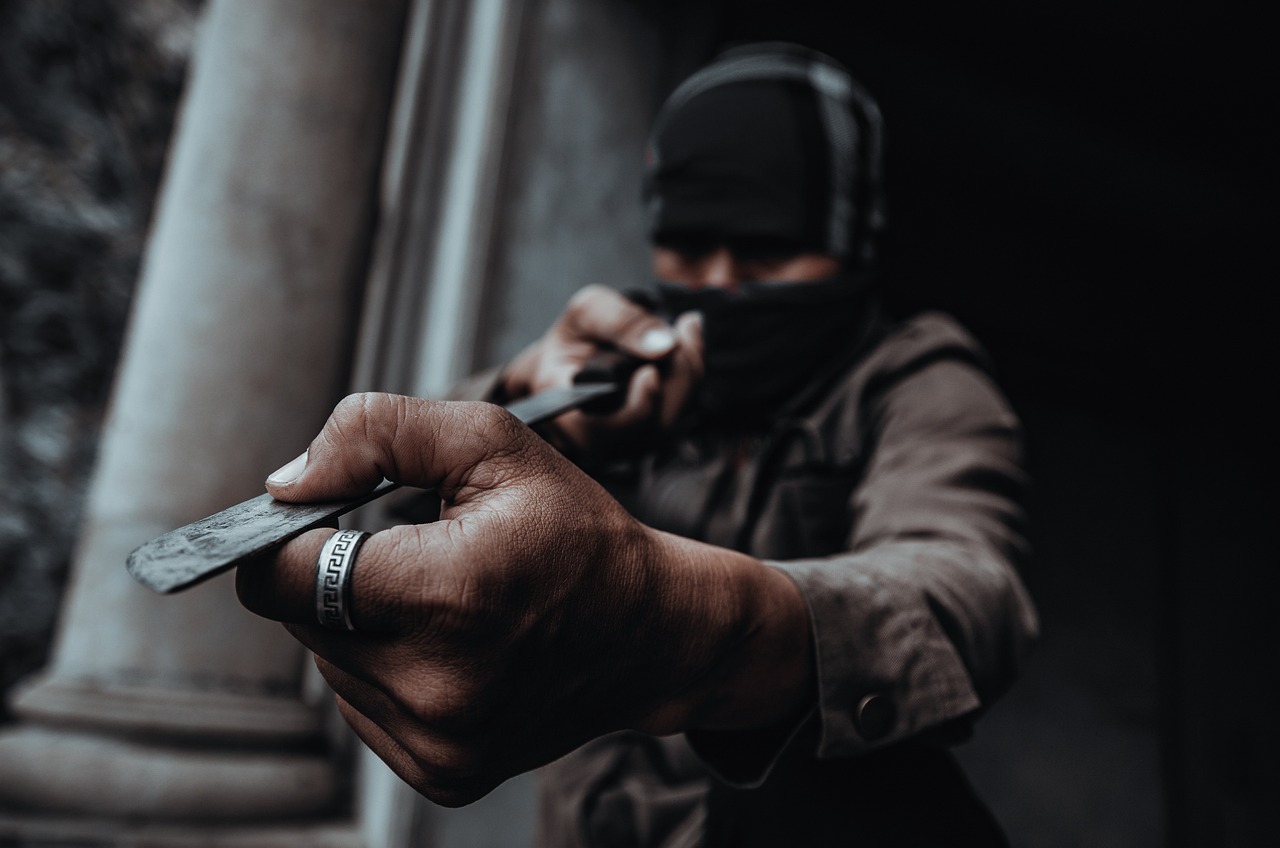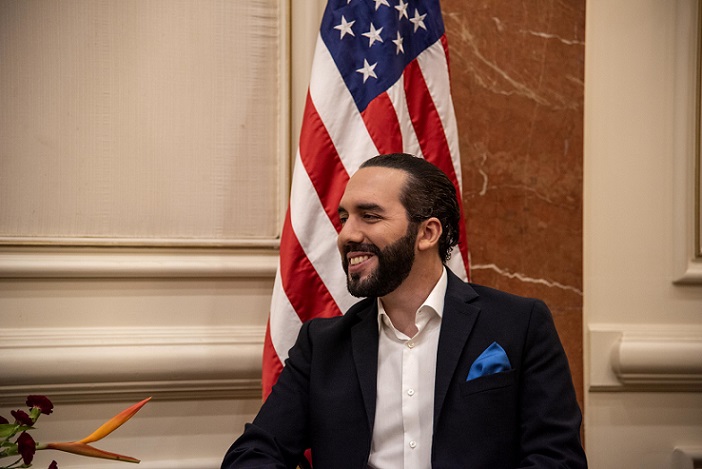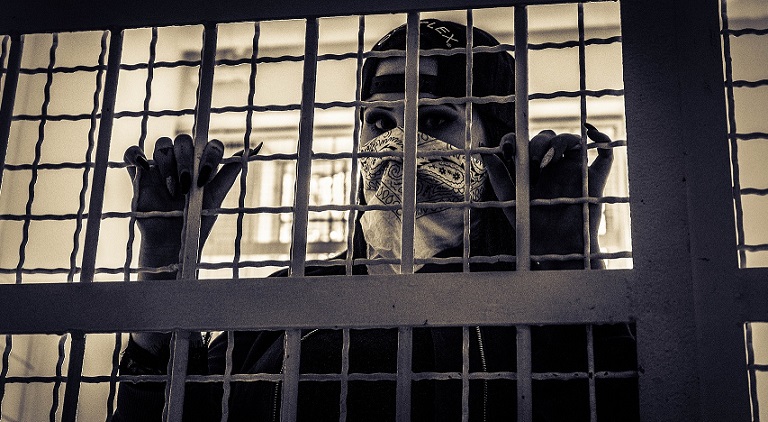The results following the exceptional measure approved by El Salvador’s Parliament on 27 March 2022, in response to a weekend with more than 80 gang-related killings, are undeniable and positive. The population feels calmer, but there is also concern.
 Luis Beaton
Luis Beaton
People are no longer afraid of being killed, extorted and imprisoned by violence in their own country. That is why many were delighted when the Legislative Assembly voted a few days ago to extend the emergency regime for the 25th time. Moreover, it will allow Nayib Bukele’s government to achieve its goal: to eliminate every last gang member.
Ordinary, ordinary Salvadorans support this action, although some regret that its application violates rights.
Police and military presence increased during its implementation, which suppresses three constitutional rights related to telecommunications and the right to defence, but which, at the same time, allowed for the arrest of nearly 79,000 alleged gang members and collaborators out of a total of nearly 120,000.
“Limited” safeguards allow the state to tap telecommunications without a warrant, to extend detention without a hearing from 72 hours to 15 days, and to withhold information about the reasons for detention or restrict the detainee’s right to defence.

In its efforts to put an end to the phenomenon that has affected the lives of the population, shrunk the economy and made El Salvador one of the most violent countries in the world, the legislature reformed the Penal Code to increase the maximum sentence for gang membership from nine to 45 years in prison.
On 26 March 2023, the Assembly established reforms to the Law against Organised Crime so that gang leaders could be sentenced to a maximum of 60 years in prison instead of 45 years, which analysts saw as a sign that the alleged “dialogues” with criminal leaders were over.
Despite the effectiveness of the measure, some opponents and civil society organisations oppose its continuation.
The organisation Cristosal, for example, reports more than 3,500 complaints of human rights violations allegedly committed during the regime, including arbitrary arrests, torture and other aggressions.
Others express concern about the occurrence of alleged enforced disappearances, torture and arbitrary deaths in state custody, cruel and inhuman treatment, prison overcrowding and criminalisation of people living in poverty and its collateral effects such as family expenses due to the imprisonment of relatives.
 There are also those who argue that the regime is a political tool to silence opponents of the government, including Jesuit priest Rodolfo Cardenal, a constant critic through Radio Ysuca, at the Central American University where he is director of the Monsignor Romero Centre.
There are also those who argue that the regime is a political tool to silence opponents of the government, including Jesuit priest Rodolfo Cardenal, a constant critic through Radio Ysuca, at the Central American University where he is director of the Monsignor Romero Centre.
Cardenal exemplifies that the latest military siege by thousands of soldiers and police in Chalatenango, “in reality, is a punishment for a population disaffected with the government. The motive is not security, but to humiliate and frighten. The alleged murderers were captured before the siege was set up, and the area under siege has been free of gangs for quite some time,” he said.
In Cardenal’s opinion, Bukele’s model does not seek to fight crime, but to discipline an insubordinate population. It does not aim to restore an undisturbed tranquillity, but to instil fear, a view shared by other Salvadoran experts and analysts. PL
(Translated by Cristina Popa – Email: gcpopa83@gmail.com) – Photos: Pixabay












.jpg)












